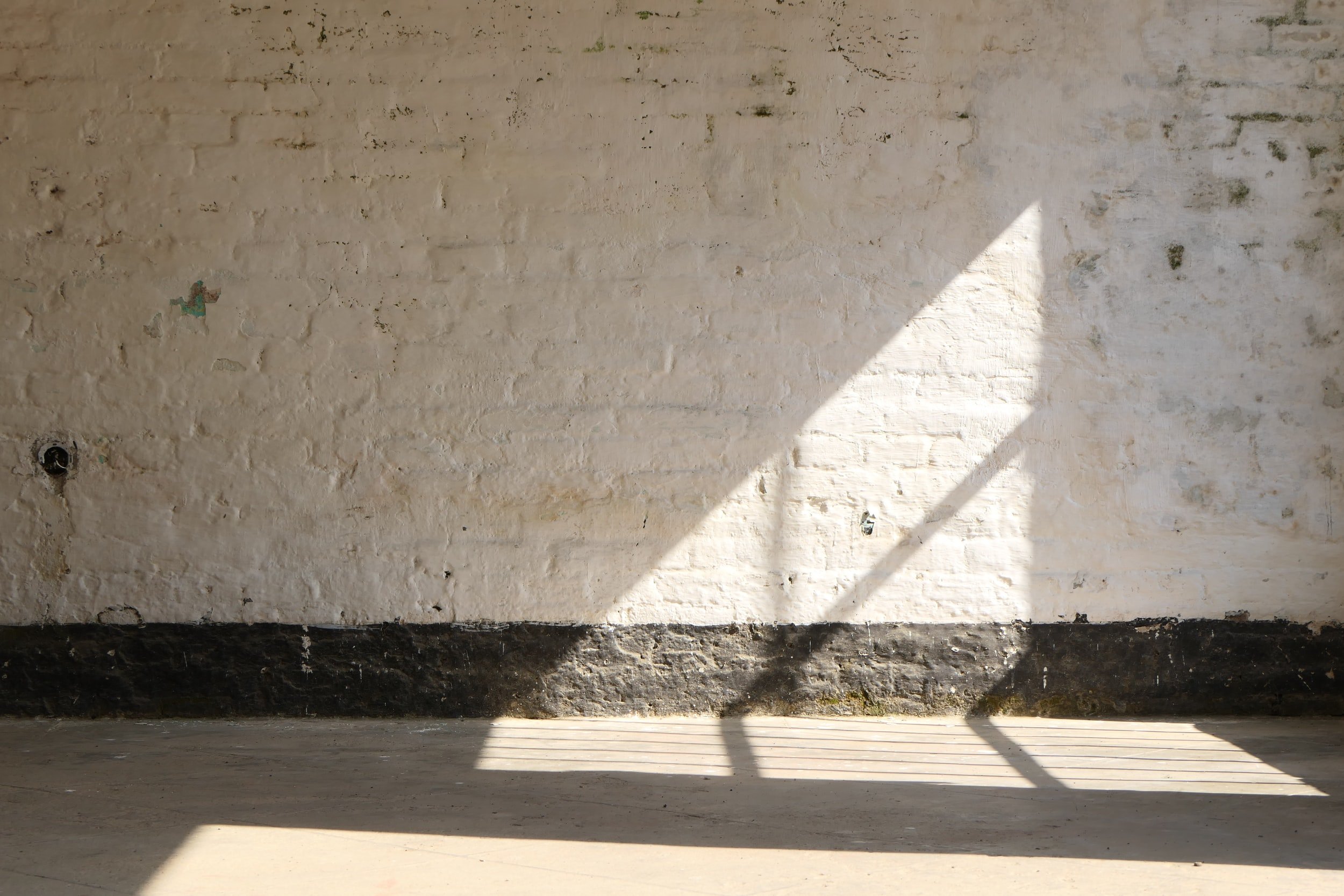
Frequently Asked Questions
-
We work to support them in being accountable for the harm they have caused. This accountability means rigorous self-reflection, repairing the harm as decided by the victim and the community who was harmed, and transforming behavior to never do such a thing again. For more on this question, see the principle section on addressing violence & community safety.
-
The carceral state is a conceptual term to describe the institutions of policing, prisons, and surveillance technologies used to punish and criminalize individuals and the various policies, practices, institutions, ideologies, and power structures that orient communities around carcerality. The carceral state is a self-reinforcing behemoth set of structures and institutions that are deeply powerful but also very messy and uncoordinated. Civil Commitment particularly here in Illinois illuminates the carceral state perfectly because it is listed as a treatment facility. Within Civil Commitment we find the ways that the public health industry is deeply intertwined with carcerality. Civil Commitment is not a treatment facility, it is a site of punishment and confinement, no different than a prison, worsened by the indefinite nature of the confinement despite sentences being served. Civil Commitment continues to exist despite its blatant disregard for human rights because as a society we generally do not care about what happens to people who are incarcerated. This gets to the ideology and mindset that upholds the carceral state. Especially for people who have been convicted of sex offenses, any treatment, however cruel, done to them is seen as justifiable. Within Civil Commitment we see the ways that the health industry and incarceration are not mutually exclusive institutions, but are intertwined.
-
Yes! And as long as needed. Abolition is both a long-term political vision and an organizing strategy in the present. Abolitionist organizers are working all across the world toward this vision. Understanding the massive size of the prison industrial complex can lead many to feel like this project will never happen. But in small examples in communities all over we see abolition alive and well. With each organizing win against prisons, policing, and surveillance and for care and transformation we get closer to abolition. Abolition is a reconfiguration of society. Abolitionists are working to create the conditions for a society that no longer needs or wants prisons and policing. This reconfiguration is a revolutionary project, which starts with the spark of consciousness in each of us who commits to this work.
-
Crime is not an objective signifier of right and wrong behavior. Actions considered to be criminal are policy choices. Choices that are created by many policymakers and criminal legal system players who hold deeply racist and classist beliefs. Andrea Ritchie and Beth E. Richie tell us that “criminalization is the social and political process by which society determines which actions or behaviors – and by who – will be punished by the state. At the most basic level, it involves passage and enforcement of criminal laws. While framed as neutral, decisions about what kinds of conduct to punish, how, and how much are very much a choice, guided by existing structures of economic and social inequality based on race, gender, sexuality, disability, and poverty, among others.”
Crime is in fact, a social construct. And in practice what is criminalized has severe consequences for the most marginalized communities in our society.
Despite this categorical rejection of the use of “crime”, violence and harm are very real in our communities, and addressing that problem is a vitally important task for abolitionists. See the Principle section of this page for more on addressing harm without policing and prisons.
How can I get involved?
Head to the Take Action page!
Engage with a radical organization doing abolitionist work near you.
Hyper-local work is where the best organizing happens and where the most change occurs. You can plugin with this work in several ways:
Volunteering to take a shift at an event or action
Donating & Distributing Resources through mutual aid
Writing letters to people on the inside (link to letter writing page)
Study.
Abolitionist organizing locates itself at the intersection of study and struggle. Participate in political education work individually or within your community to sharpen your political analysis. Then put that analysis into practice.
Hold onto hope.
This work is at times existentially dark, to get through these dark points we have to approach hope as a discipline, as Mariame Kaba encourages, a dedicated endeavor to believe that our fight is just and possible.
Find your passion and carve out space to do that.
Because of the scope of the carceral state, there are many areas to plug into. Whether you’re a poet, artist, researcher, barista, engineer, bank teller, academic, lawyer, or nonprofit worker; or you’re passionate about climate justice, reproductive justice, immigrant rights, gender-based violence prevention, housing access, food justice, 2SLGBTQ+ advocacy, K-12 education – there is a clear connection point to carcerality for you to intervene on.